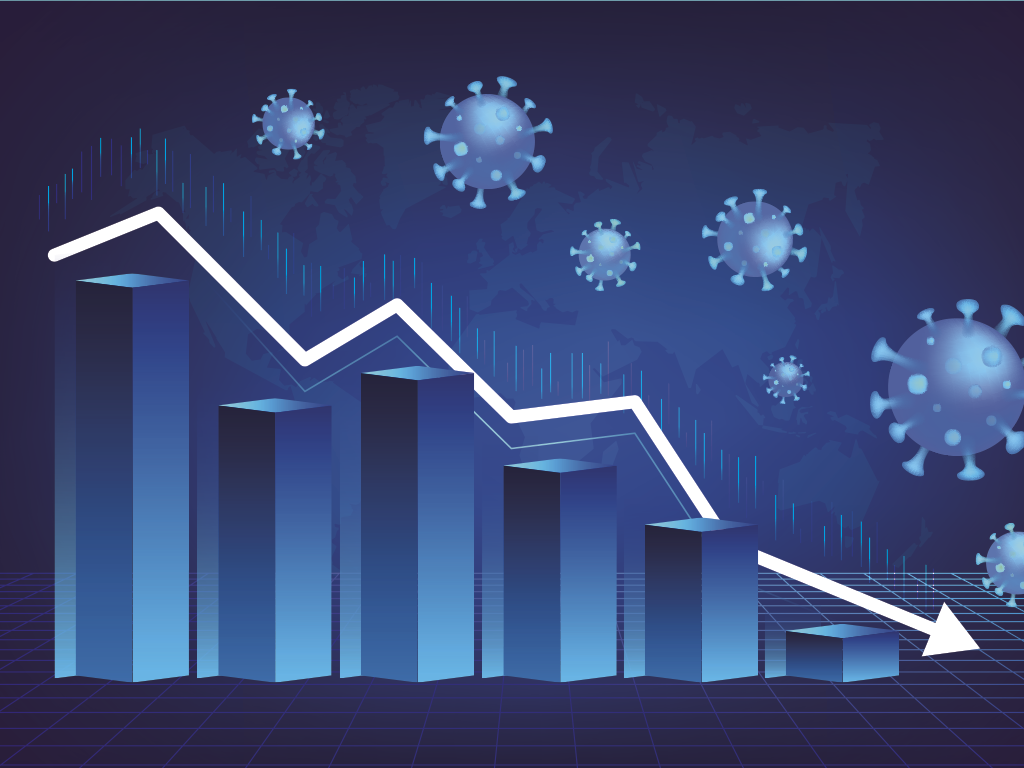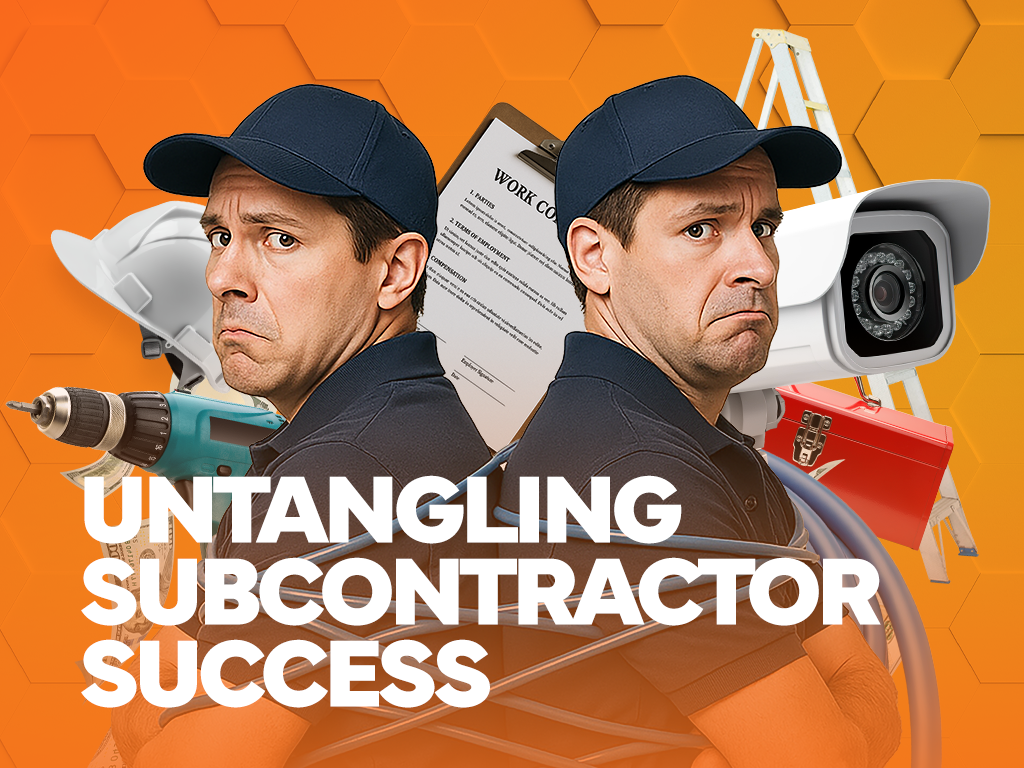Civil Immunity: Key Legislation for Getting the Economic Wheels Back on Track

When the emergency executive orders (EO) from mayors, county executives and governors began last March, many businesses closed their doors or migrated to remote workplaces. This changed the economic paradigm for electronic security and life safety businesses in a monumental way. Technicians had difficulty performing routine testing, inspections, repairs and new installations in residential and commercial buildings. Many businesses shuttered their doors, and the economic fallout continues to this day.
As this reality began to set in and it was clear that the narrative was no longer about “flattening the curve” of the virus by shutting down the economy for a couple weeks, ESA members had to adapt to a new way of doing business. In fact, all industries that rely on direct customer interaction felt the same repercussions.

It is now almost one year into this new standard for businesses and many uncertainties remain. Until legislatures and/or Congress help create stability, businesses will remain leery of returning to “normal” — in whatever form that takes. One of the most important pieces of legislation for 2021 will be civil liability reform that protects business from the potential onslaught of COVID-related litigation.
Even when mandatory mask mandates and EO’s expire, how comfortable will businesses be in returning to their customers’ place of businesses or residences if they could be held liable for spreading COVID-19, despite their best efforts to follow all existing guidelines?
When will companies bring employees back to the office? When will consumers be comfortable having technicians in their home? When will it be safe to hold events, in-person meetings, concerts, state fairs and so on? Depending on your information sources, there are different opinions from scientists when it will be safe in terms of herd immunity, vaccinations and effective therapeutics. But in all the conflicting and confusing public discourse, things won’t really get back to “normal” until businesses feel they can operate in an environment free from fear of civil litigation.
Numerous state legislators recognize this reality and have introduced bills that would shield individuals and companies who act in good faith and follow local, state or federal guidelines to curtail the spread of COVID-19. There are no certainties when it comes to any virus, but people should not have to worry about being sued because someone thinks they caught COVID from a source attributable to a particular company or its employees, especially if they do all that can be done to prevent the spread of the virus based on available government guidance.
Civil liability immunity was a huge sticking point in the last Congress, and I predict it will be again. There are valid disagreements on the degree of civil immunity that should be provided. No one argues that gross negligence or willful and wanton behavior should be shielded. But individuals and businesses that do what can be done — short of going out of business — should not fear civil suits that seek to do what the virus has not yet done: ruin dreams of building thriving companies.
Mask mandates and executive orders will expire, but long after we have flattened the curve, we will have to also flatten the fear. For businesses, one aspect of that fear comes from civil liability for things they cannot control.




